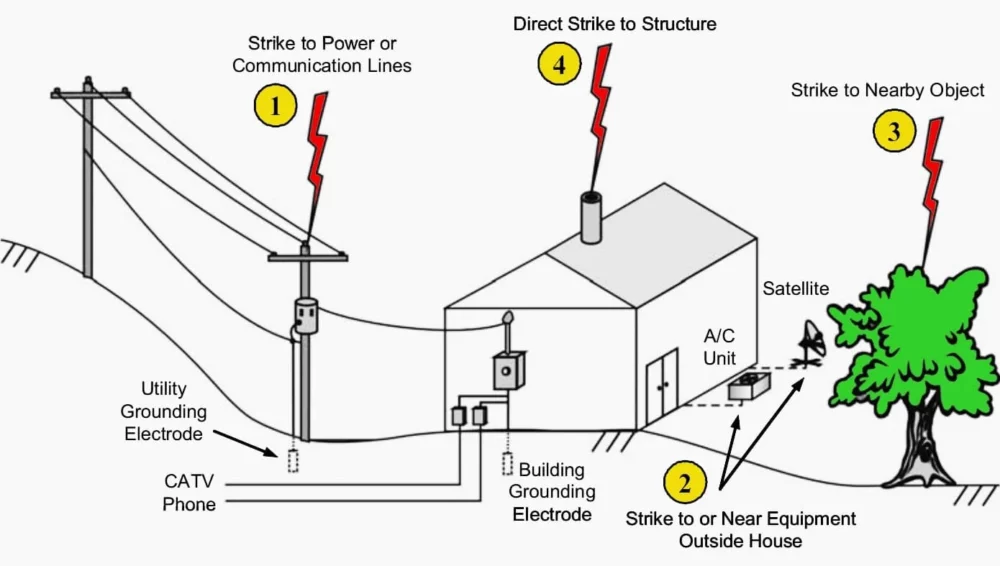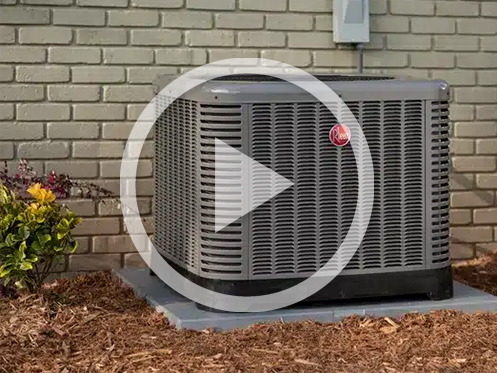
Electrical grounding and bonding may not be everyday topics for homeowners, but they are crucial for ensuring the safety and functionality of your home’s electrical systems. In this article, we’ll explain what these terms mean and what needs to be bonded in a house, providing easy-to-understand explanations for beginners.
General Requirements for Grounding and Bonding
Electrical grounding and bonding are the backbone of safe electrical systems in homes. Here’s what you need to know:
What is Grounding and Bonding? At their core, grounding, and bonding provide a path for electrical currents to safely flow into the ground in case of a fault or overload. This prevents electrical shock hazards and protects appliances and wiring.
Why Follow Standards and Codes? National and local electrical codes dictate the requirements for grounding and bonding. Adhering to these standards is essential to ensure your electrical system is safe and compliant.
Types of Grounding and Bonding Systems There are different types of grounding and bonding systems, including grounding electrodes, grounding conductors, and bonding jumpers. Understanding the basics of these components is essential for homeowners.
What Needs to Be Bonded in a House
Components That Require Bonding Several components and systems within your home need to be bonded to ensure safety. These include:
- Metal water pipes
- Gas lines
- Electrical service panels
- Structural steel
- Communication systems
Why Bonding Matters Bonding these components prevents potential differences in electrical potential, reducing the risk of electric shock and protecting against electrical fires.
Grounding and Bonding for Dummies
Simplified Explanation For those new to the topic, grounding, and bonding can be simplified as safety nets for electricity. Grounding is like a direct line to the ground for electricity to escape safely, while bonding connects all metal components to ensure they’re on the same page.

What Needs Earth Bonding in a House?
Understanding Earth Bonding Earth bonding involves connecting metal parts of electrical systems to the earth (ground). It’s essential in scenarios like:
- Ensuring lightning protection systems function correctly.
- Safeguarding against electrical faults that may occur during storms.
- Reducing the risk of electrostatic discharge in industrial settings.
Understanding electrical grounding and bonding is critical to being a responsible homeowner. Following proper guidelines and ensuring your home’s electrical systems are correctly grounded and bonded can significantly reduce the risk of electrical accidents and fires.
Remember, consult with a qualified electrician in your area to assess and address your specific home’s needs when in doubt. Electrical safety is paramount, and it starts with proper grounding and bonding.



